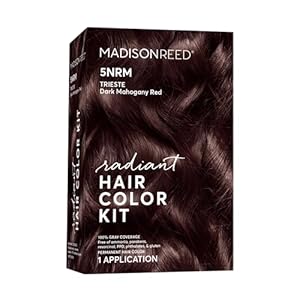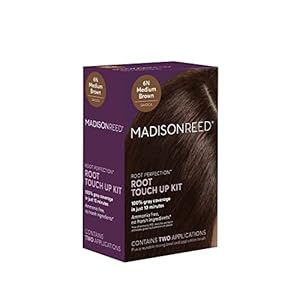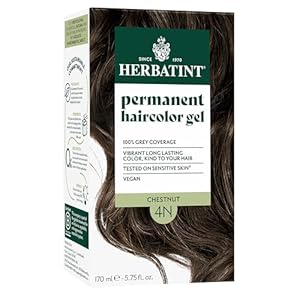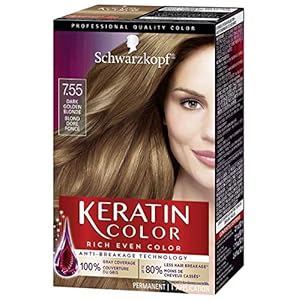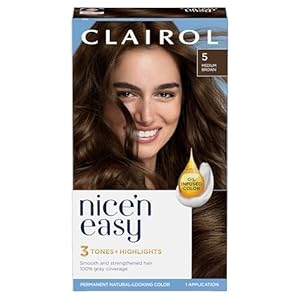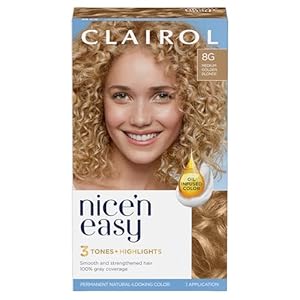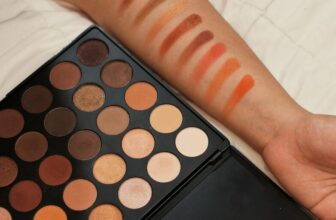
So, you’ve probably heard that what you eat can impact your skin, but do you truly understand the depth of this connection? The foods you consume play a vital role in the health and appearance of your skin, affecting everything from its elasticity to its ability to fight off signs of aging. But how exactly does your diet influence your skincare routine? Let’s explore this relationship a bit further and uncover the secrets that could transform your skin from the inside out.
Nutrients That Nourish Your Skin
To achieve healthy and glowing skin, you need to ensure that your diet provides essential nutrients that nourish your skin. Vitamins play a crucial role in maintaining skin health. Vitamin C, found in citrus fruits and bell peppers, helps in collagen production, giving your skin elasticity and a youthful appearance. Vitamin E, abundant in nuts and seeds, acts as an antioxidant, protecting your skin from damage caused by free radicals.
Another essential nutrient is omega-3 fatty acids, commonly found in fatty fish like salmon, which help in keeping your skin hydrated and reducing inflammation.
Minerals are also vital for skin health. Zinc, present in foods like pumpkin seeds and chickpeas, aids in cell regeneration and repair, promoting clear skin. Selenium, found in Brazil nuts and whole grains, helps protect your skin from sun damage.
Additionally, hydration is key to maintaining healthy skin. Drinking an adequate amount of water each day keeps your skin hydrated, plump, and radiant. Incorporating these nutrients into your diet will help nourish your skin from the inside out, resulting in a vibrant and healthy complexion.
Foods That Trigger Acne Breakouts
Certain foods can exacerbate acne breakouts, making it crucial to be mindful of what you eat for clearer skin. High-glycemic foods like white bread, sugary snacks, and processed cereals can spike your blood sugar levels, leading to increased sebum production and inflammation, which are common triggers for acne.
Dairy products, especially skim milk, have been linked to acne flare-ups due to hormones and growth factors present in milk. Greasy and fried foods can also contribute to acne by clogging pores and increasing oil production. Foods high in saturated fats, such as red meat and fast food, may promote inflammation in the body, worsening acne symptoms.
Additionally, some individuals may find that consuming certain foods like chocolate, nuts, or spicy foods can aggravate their acne. By being aware of these potential triggers and making mindful choices in your diet, you can help reduce the likelihood of acne breakouts and promote clearer, healthier skin.
Anti-Aging Superfoods for Youthful Skin
Incorporate these nutrient-rich superfoods into your diet to support youthful skin and combat signs of aging effectively. Berries like blueberries, strawberries, and raspberries are packed with antioxidants that help protect your skin from damage caused by free radicals, promoting a more youthful appearance.
Fatty fish such as salmon, mackerel, and sardines are excellent sources of omega-3 fatty acids, which can help reduce inflammation and keep your skin looking supple and hydrated.
Nuts and seeds like almonds, walnuts, and flaxseeds contain essential nutrients like vitamin E, zinc, and selenium that support collagen production and improve skin elasticity. Leafy greens such as spinach, kale, and Swiss chard are rich in vitamins A, C, and K, which can help repair damaged skin cells and reduce the appearance of wrinkles.
Incorporating these anti-aging superfoods into your daily meals can provide your skin with the necessary nutrients to maintain a youthful glow and combat the effects of aging.
Hydration and Its Impact on Skin Health
How does proper hydration influence the overall health and appearance of your skin?
Hydration plays a crucial role in maintaining skin health. When you drink an adequate amount of water, your skin stays hydrated, which helps in maintaining its elasticity and suppleness. Dehydration can lead to dry, flaky skin, making fine lines and wrinkles more noticeable. By ensuring you drink enough water daily, you can help your skin look more radiant and youthful.
In addition to drinking water, incorporating hydrating foods into your diet can also benefit your skin. Foods with high water content, such as cucumbers, watermelon, and oranges, can contribute to your overall hydration levels. These foods not only provide hydration but also essential vitamins and antioxidants that promote healthy skin.
Proper hydration doesn’t just impact the surface of your skin; it also affects its functions. Water helps flush out toxins from the body, which can prevent skin issues like acne and inflammation. So, remember to drink water and eat hydrating foods to keep your skin looking its best.
Beauty & Personal care



